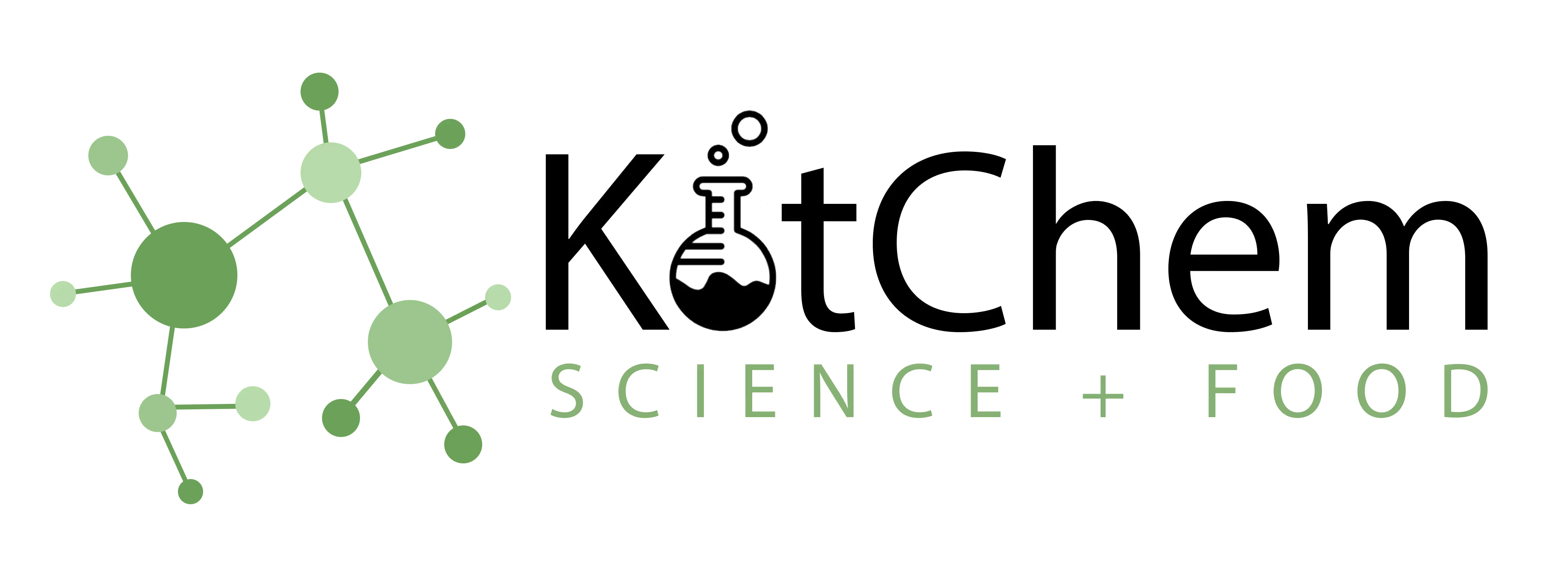Food Scientist Consulting Rates
Explore our expert-written guides on food, supplement, and cannabis product development, built from 20+ years of real-world experience.
Introduction
Understanding food scientist consulting rates helps you choose the right service level while maximizing ROI. Companies often struggle to evaluate consulting investments without clear benchmarks or understanding pricing factors. Whether launching new products or improving formulations, knowing what to expect regarding food scientist consulting rates prevents budget surprises. This guide provides insights into consulting rates, service packages, and value-based pricing for informed development investment decisions. We'll explore service structures for different project needs, factors influencing investment levels, typical engagement terms, and methods for measuring consulting ROI to help you balance quality, timeline, and budget considerations.
Food Scientist Consulting Rates: Service Package Options
Understanding the cost of hiring a food scientist begins with examining the various service structures available. Most consultants offer multiple engagement options designed to accommodate different project needs and budgets.
Most food scientists offer these common service structures:
- Project-based development packages: Structured engagements covering specific deliverables with defined endpoints, typically ranging from $10,000-$50,000 depending on complexity. These usually include formulation development, prototype creation, and initial scale-up guidance.
- Monthly retainer options: Consistent access to expertise without defined endpoints, typically ranging from $3,000-$15,000 monthly depending on time commitment. Ideal for companies with ongoing development needs or multiple simultaneous projects.
- Individual service selection: Focused expertise for specific needs like regulatory review or formulation troubleshooting without committing to full development packages, typically costing $1,500-$5,000 per service.
When evaluating service needs, consider both immediate requirements and potential future adjustments. The cost of hiring a food scientist should be assessed against the flexibility you might need if project scope changes. Understanding service boundaries prevents unexpected charges when additional work falls outside original agreements.
Contract Terms When Evaluating Cost of Hiring a Food Scientist
Understanding contract structures represents a critical component when evaluating the cost of hiring a food scientist. Different engagement models carry distinct advantages and limitations that impact both pricing and project outcomes.
Common engagement structures include:
- Project-based agreements: The most straightforward structure with defined deliverables, timelines, and fixed fees. Typically includes milestone payments tied to specific achievements rather than hourly billing, providing budget certainty but potentially lacking flexibility if project scope evolves.
- Retainer contracts: Establish ongoing relationships with defined service levels and priority access. These contracts specify response times, communication channels, and resource allocation guarantees that aren't typically included in project-based work.
- Hybrid arrangements: Combine baseline retainers with project-specific components, providing flexibility while ensuring resource availability. This model balances predictable monthly investment with variable project fees.
Payment schedules vary significantly between consultants. Most require advance deposits of 25-50% for project work, with subsequent payments tied to milestones. Understanding payment terms before engagement prevents cash flow surprises. The cost of hiring a food scientist should always be evaluated alongside intellectual property ownership and confidentiality agreements to protect your investment.
Key Factors Affecting Food Scientist Consulting Rates
Multiple variables influence food scientist consulting rates, creating significant price variations even for seemingly similar projects. Understanding these factors helps you accurately budget and compare proposals from different consultants.
Key factors affecting pricing include:
- Project complexity: While basic formulation adjustment might cost $5,000-$10,000, complex challenges like clean-label reformulation or novel ingredient integration can double or triple rates. Technical requirements like extended shelf-life or specific nutritional parameters increase complexity and investment levels as well.
- Development timeline expectations: Accelerated development commands premium rates due to resource prioritization. Rush projects typically carry 25-50% higher fees than those with standard timelines.
- Resource intensity: Projects requiring extensive analytical testing, sensory evaluation, or specialized equipment access drive higher rates as consultants must cover these external costs. Senior-level expertise naturally commands higher rates than less experienced scientists.
When assessing project scope, determine exactly which technical challenges require external expertise versus what can be handled internally. Food scientist consulting rates typically include professional time but may exclude external expenses like analytical testing, pilot plant rental, or specialized ingredient sourcing.
Maximizing Value When Hiring a Food Scientist
Evaluating return on investment provides essential context for assessing food scientist consulting rates. While hourly or project fees may initially seem high, comparing comprehensive value metrics often reveals consulting partnerships as cost-efficient alternatives to internal staffing or delayed market entry.
Key value considerations include:
- Direct comparison frameworks: Internal development typically costs 1.5-2.5 times an employee's salary. Mid-level food scientists command $75,000-$100,000 annually, making fully-loaded costs $112,500-$250,000 yearly. Compared to these figures, food scientist consulting rates of $150-$250 hourly represent significant savings for periodic needs.
- Development timeline impacts: Products reaching market 3-6 months sooner through expert consulting often generate $250,000-$1M+ in accelerated revenue that exceeds consulting investments several times over. This time-to-market advantage is crucial when assessing rates.
- Resource efficiency gains: Experienced consultants typically require 30-50% fewer formulation iterations than internal teams tackling unfamiliar challenges. This efficiency reduces ingredient costs, analytical testing expenses, and production trial investments.
When measuring timeline impacts and assessing resource savings, consider both direct expenditures and opportunity costs of delayed launches or diverted internal resources when evaluating the comprehensive value against food scientist consulting rates.
Conclusion
Understanding the cost of hiring a food scientist involves evaluating service structures, investment factors, engagement terms, and potential returns rather than focusing solely on hourly rates. The most effective consulting solution balances technical needs, timeline requirements, and budget constraints while delivering measurable business value. Before engagement, assess your project requirements against available service packages to identify the optimal investment level. The cost of hiring a food scientist represents an investment that can accelerate market entry, reduce development iterations, and improve product success. Strategic engagement typically delivers returns exceeding the initial consulting investment.
